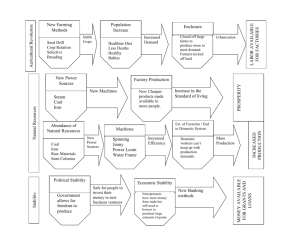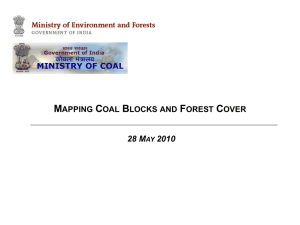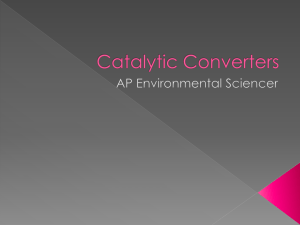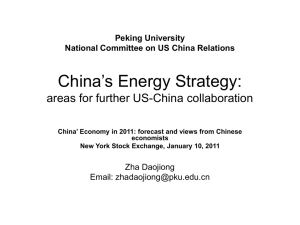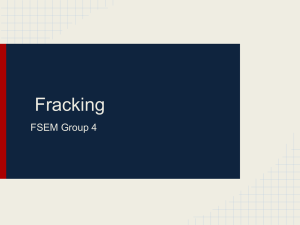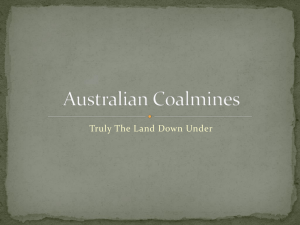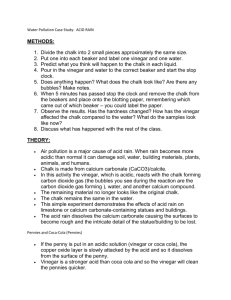green paradox - Royal Economic Society
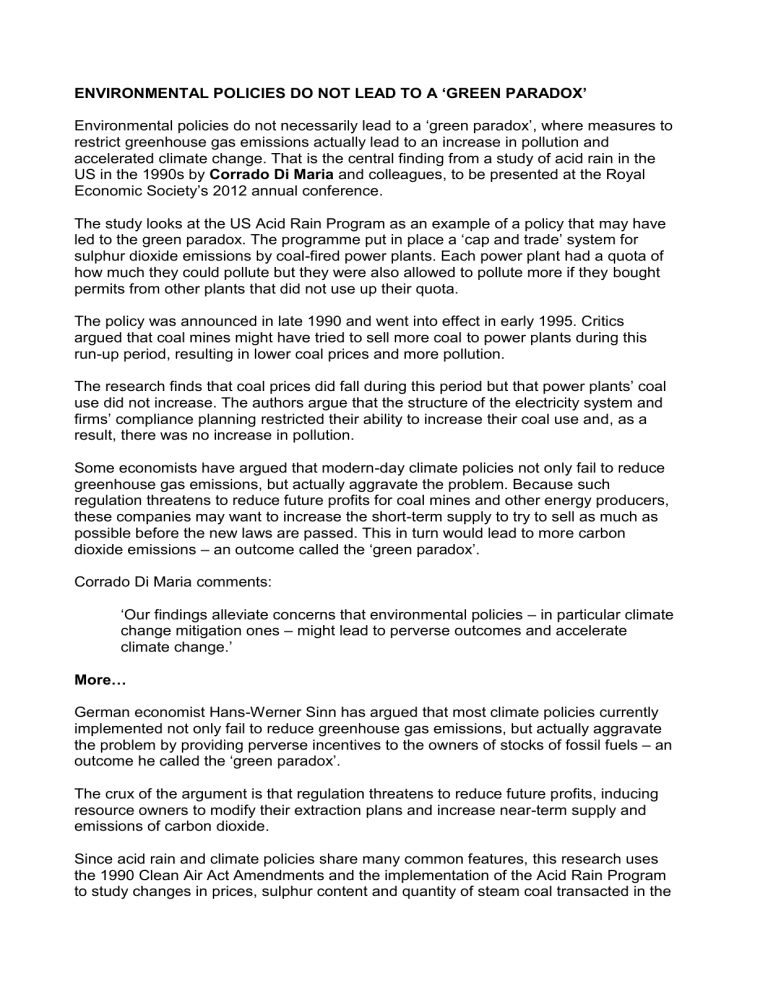
ENVIRONMENTAL POLICIES DO NOT LEAD TO A ‘GREEN PARADOX’
Environmental policies do not necessarily lead to a ‘green paradox’, where measures to restrict greenhouse gas emissions actually lead to an increase in pollution and accelerated climate change. That is the central finding from a study of acid rain in the
US in the 1990s by Corrado Di Maria and colleagues, to be presented at the Royal
Economic Society
’s 2012 annual conference.
The study looks at the US Acid Rain Program as an example of a policy that may have led to the green paradox. The programme put in place a ‘cap and trade’ system for sulphur dioxide emissions by coal-fired power plants. Each power plant had a quota of how much they could pollute but they were also allowed to pollute more if they bought permits from other plants that did not use up their quota.
The policy was announced in late 1990 and went into effect in early 1995. Critics argued that coal mines might have tried to sell more coal to power plants during this run-up period, resulting in lower coal prices and more pollution.
The research finds that coal prices did fall during this period but that power plants’ coal use did not increase. The authors argue that the structure of the electricity system and firms’ compliance planning restricted their ability to increase their coal use and, as a result, there was no increase in pollution.
Some economists have argued that modern-day climate policies not only fail to reduce greenhouse gas emissions, but actually aggravate the problem. Because such regulation threatens to reduce future profits for coal mines and other energy producers, these companies may want to increase the short-term supply to try to sell as much as possible before the new laws are passed. This in turn would lead to more carbon dioxide emissions – an outcome called the ‘green paradox’.
Corrado Di Maria comments:
‘Our findings alleviate concerns that environmental policies – in particular climate change mitigation ones
– might lead to perverse outcomes and accelerate c limate change.’
More…
German economist Hans-Werner Sinn has argued that most climate policies currently implemented not only fail to reduce greenhouse gas emissions, but actually aggravate the problem by providing perverse incentives to the owners of stocks of fossil fuels
– an outcome he called the ‘green paradox’.
The crux of the argument is that regulation threatens to reduce future profits, inducing resource owners to modify their extraction plans and increase near-term supply and emissions of carbon dioxide.
Since acid rain and climate policies share many common features, this research uses the 1990 Clean Air Act Amendments and the implementation of the Acid Rain Program to study changes in prices, sulphur content and quantity of steam coal transacted in the
period between the signing into law of the US Acid Rain Program in November 1990 and its implementation in January 1995.
The Acid Rain Program acted as a signal to owners of stocks of coal that it would be harder to sell their product from 1995 onwards. According to the green paradox literature, this would have given mine owners the incentive to increase their supply in the period 1991-94.
Additionally, high-sulphur mines would have had an even stronger incentive to expand their supply ahead of the upcoming implementation of the cap in 1995. This increase in supply would lead to a reduction in the price of coal and should make coal-fired power plants increase their coal consumption. Further, power plants would shift to coal with higher sulphur content. Both effects would induce an increase in sulphur dioxide emissions, causing acid rain.
This study finds strong evidence for the hypothesis that prices fell after announcement of the Acid Rain program, as predicted by the theory. But it fails to c onfirm the ‘quantity’ hypothesis: neither coal demand (total heat input) nor the sulphur content of coal seems to have increased after the announcement of the cap on emissions.
The researchers argue that utilities were too restricted in terms of economic and environmental regulation, as well as demand and capacity, to exploit the lower prices for coal.
ENDS
‘Should we be worried about the Green Paradox? Announcement Effects of Title IV of the Acid Rain Program’ by Corrado Di Maria, Ian Lange and Edwin van der Werf
Contact:
Corrado Di Maria
Email: c.dimaria@bham.ac.uk
01214 147290

